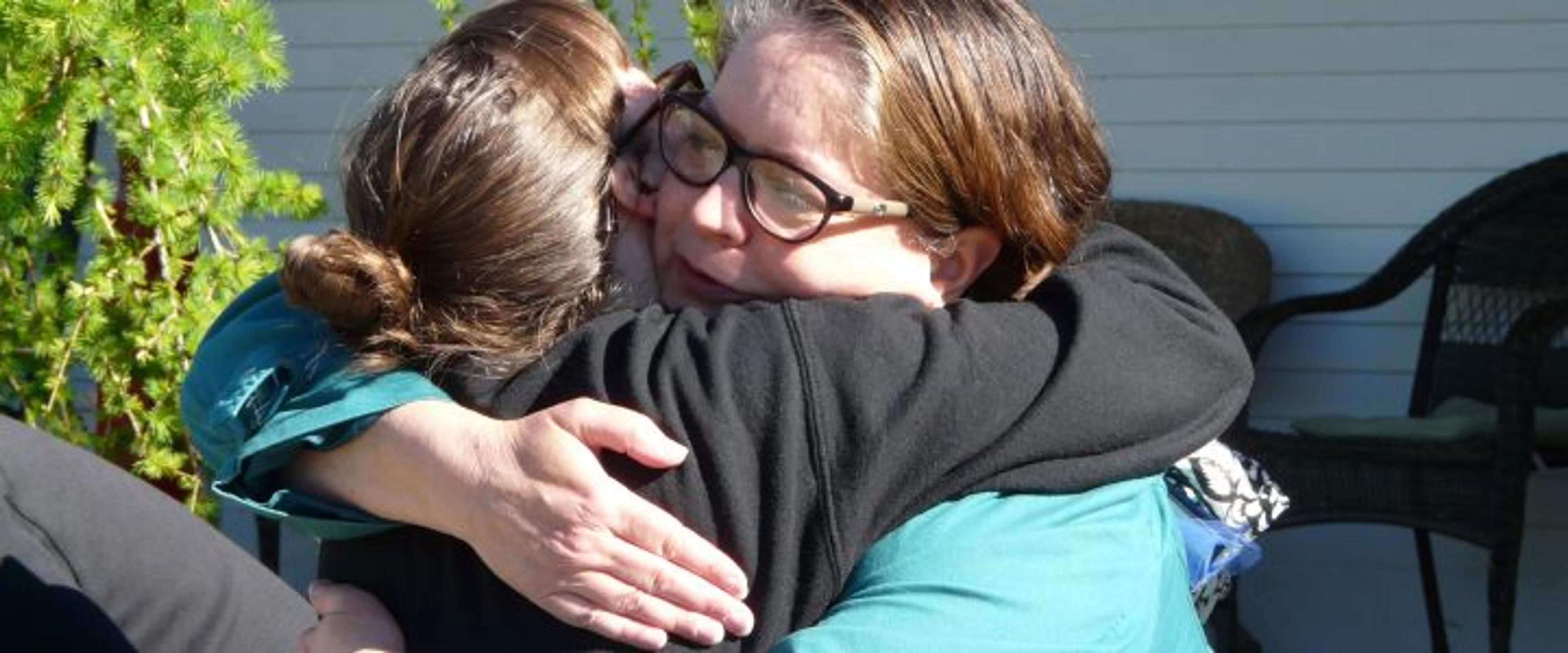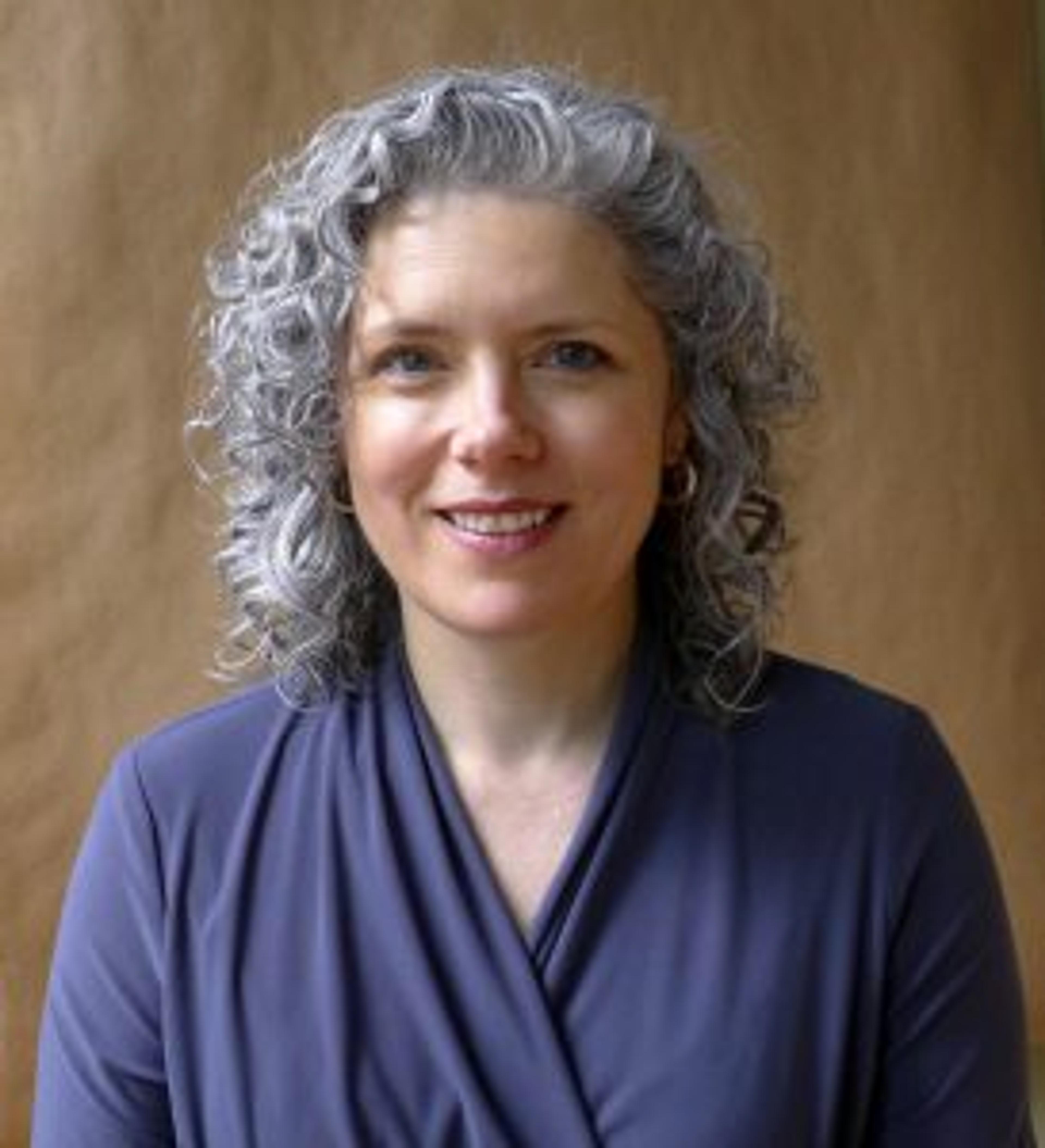
“Patience with friends is easy; patience with those you dislike is what counts.” — The Dalia Lama
Working as the conflict transformation specialist in a healthcare system, I speak with people on a daily basis about the workplace conflicts they face. Frequently, these conversations take place within the context of conflict coaching. While many of my clients have the professional knowledge and expertise to handle a daunting medical procedure, they are frequently at a loss as to how they might have a conflict conversation with a colleague. Conflict coaching offers them the space and time to reflect on the situation and consider which actions to take, if any.
At some point in the first conflict coaching session, I usually ask, “What’s the hardest part of this conflict for you?” There are many things people say in response to this question but the fundamental message is usually, “I hate who I’ve become.” Clients do not like that they are feeling bitter, angry, blaming, negative, confused or anxious; this isn’t how they typically experience themselves. Similarly, they are upset by how they become destructive in thought and sometimes even deed towards the other person. In coaching, they acknowledge that the momentary satisfaction they might feel as they blame or speak ill of the others, or abdicate their own responsibility and assign it wholesale to them, has given way to regret. They cannot believe that they’ve gotten to that point, that they have become “that person.”
This is why Bush and Folger’s observation about the most troubling part of the conflict experience resonates so much for me. They have observed that while people in conflict certainly care about the issues involved, they are more disturbed by the fact that conflict “leads and even forces them to behave toward themselves and others in ways they find uncomfortable, even repellant.”
This was certainly the case with Ann*, a young nurse who had a leadership role on her unit despite being only a few years into her career. She came to conflict coaching because she found she wasn’t measuring up to her own standards of how a nurse leader should handle conflicts. She explained that because her unit was frequently short-staffed, she found herself doing tasks outside of her scope of practice; it was not uncommon for her to fill in for a missing social worker, ward clerk, or unit aide. Ann took care of these tasks on top of her usual nursing responsibilities but this came at price: she felt completely overwhelmed by the workload. Sometimes she cried and was worried she would not be able to stop. The worst of it though, was how irritable and negative she had become. Although there was a lot of complaining amongst the staff on her unit, it was the realization that she herself was a frequent contributor to the griping and “bitching” that motivated her to seek out conflict coaching. She said, with regret, “I am participating in the very thing I hate.”
Normally confident in her abilities, Ann admitted to being confounded by workplace conflict. “I can deal with conflict with patients, with families,” she explained, “because when you’re dealing with families and they’re frustrated and they might get upset with you and say things, I can see that. They have a family member in the hospital and they’re upset, so usually all I need to do is reassure them by calling them more often, checking in, being supportive. But when it comes to staff, there’s a lot — I don’t know what it is —it’s a lot different.”
The disparity Ann experienced between who she normally was and how she currently felt and behaved in conflict was the most distressing part of the experience for her. In our early conversations, Ann was reassured to hear that this is a common experience. Many of us become someone we don’t like in conflict. Even if we manage civil behaviors with others, our thoughts and feelings are generally negative when we’re destabilized by conflict. Ann learned through conflict coaching how to reconnect with her “best self,” the part of her that was strong and compassionate and could consider her own and someone else’s perspective. A key learning for her was how to balance concern for herself and concern for others by reflecting on what she wanted for herself in a given situation and what she imagined the other person might want. This helped her to decide not only what to say but also what not to say when engaging in a conflict conversation with a colleague. She learned to actively elicit someone else’s perspective while at the same time, share her own. But Ann, like many others, wanted more. She wanted to become more like the nurse leaders she admired. In other words, she wanted to grow and develop her “best self.”
For her, this meant initiating conflict conversations not only with peers, but also a supervisor no one had ever dared to confront. It meant risking her social popularity and telling her colleagues that she was refraining from gossip and complaint because it created and perpetuated a miserable work environment which she knew had to negatively impact patient care. She came into her last conflict coaching session with a huge smile on her face, eager to tell me that a colleague has asked her for help in handling a difficult conflict. She was able to see her own growth as she became better able to respond to conflict, but now it was clear that others were seeing it as well and they liked what they saw. She was now informally coaching others and this told both of us that she had not only reconnected with her best self but that she had further developed this important part of who she was. She was now someone that she and others could admire.
Witnessing the journey people make in conflict has changed me. One of the most significant impacts has been in my level of self-awareness. I know the experiences that are most likely to initiate the reactive cascade; being misunderstood is particularly provocative for me. I more readily recognize when I have become destabilized by conflict and frankly, it has been embarrassing at times when I see in certain moments that I am becoming becoming weak and stuck in my own perspective. I want to hide my business cards—the ones that have “Conflict Transformation Specialist” written under my name—so that no one will discover that I am supposed to know better. But I have also learned that none of us is immune to conflict, even people who work with it on a daily basis, and that self-awareness creates the possibility for choice. Like Ann, I want to act from compassionate strength, and over time it has become easier to see the opportunities to connect with my best self, even in conflict.
Each client has been a teacher for me about how to find my way back home to my best self in times of conflict, how I might grow and develop this part of myself, and very importantly, the value in doing so. From Claire, I learned that by dropping my defensiveness and stepping back from blame I can more easily focus my attention on other, more meaningful details in a conflict and gain clarity more quickly. From Mark, I learned that questioning my assumptions and asking the other person for their perspective helps me to more quickly extricate myself from my singular and limited perspective and connect with the other person from a more internally resourceful state. With Elaine, I pondered the paradox that far from being a display of weakness, making the first move and offering a sincere apology can be empowering, and can lead to a tremendously positive shift in the interaction between myself and others in conflict. With Hakim, I learned that sometimes the sanest choice is to minimize or end a relationship with someone, but that it’s possible to do this from a place of compassionate strength.
Journeying with others through their conflicts has also deepened my personal commitment to responding to conflicts rather than reacting to them. As the Dalai Lama said, “Patience with friends is easy; patience with those you dislike is what counts.” Like my clients, I have become more intentional about making these changes because they have enabled me to make choices that I can feel proud of. The choices that are made from my best self — not when things are going well and I am feeling strong and connected to others but precisely when it’s most difficult — best express who I am at the deepest level. Indeed, what I have learned from my clients time and time again is that the experience of conflict is at the same time provocative and valuable because it offers the opportunity to notice reactivity and choose responsiveness instead.
It has been a privilege to make this journey to the heart of the moral self with others and to see that what they have discovered in that exploration has benefitted not only themselves but also the people around them. This, too, is the promise of the transformative model – that people can and do grow through their conflicts and that this change ripples outward to others. If I didn’t already believe this discovery was important, working with others in conflict coaching has convinced me that finding our way back home to our best self is a journey that matters. Indeed, this is a journey that will change the world.
*All names have been changed to protect client privacy.
Basia Solarz, MAdEd, CAC serves as the inaugural Consultant for Communication and Conflict Competence for the award-winning Workplace Conflict Resolution Program at the Nova Scotia Health Authority (Canada), providing mediation, conflict coaching, and education and training across the province. A Certified Transformative Mediator™ and Fellow of the Institute for the Study of Conflict Transformation, Basia completed a master’s degree in adult education from Saint Francis Xavier University with a research focus on conflict coaching. She is a Certified Professional Co-Active Coach through the Coaches Training Institute. Basia also co-founded the Pathfinder program in the Shambhala sangha to support individuals and groups in working through their conflicts.
Was this helpful?
Share This


